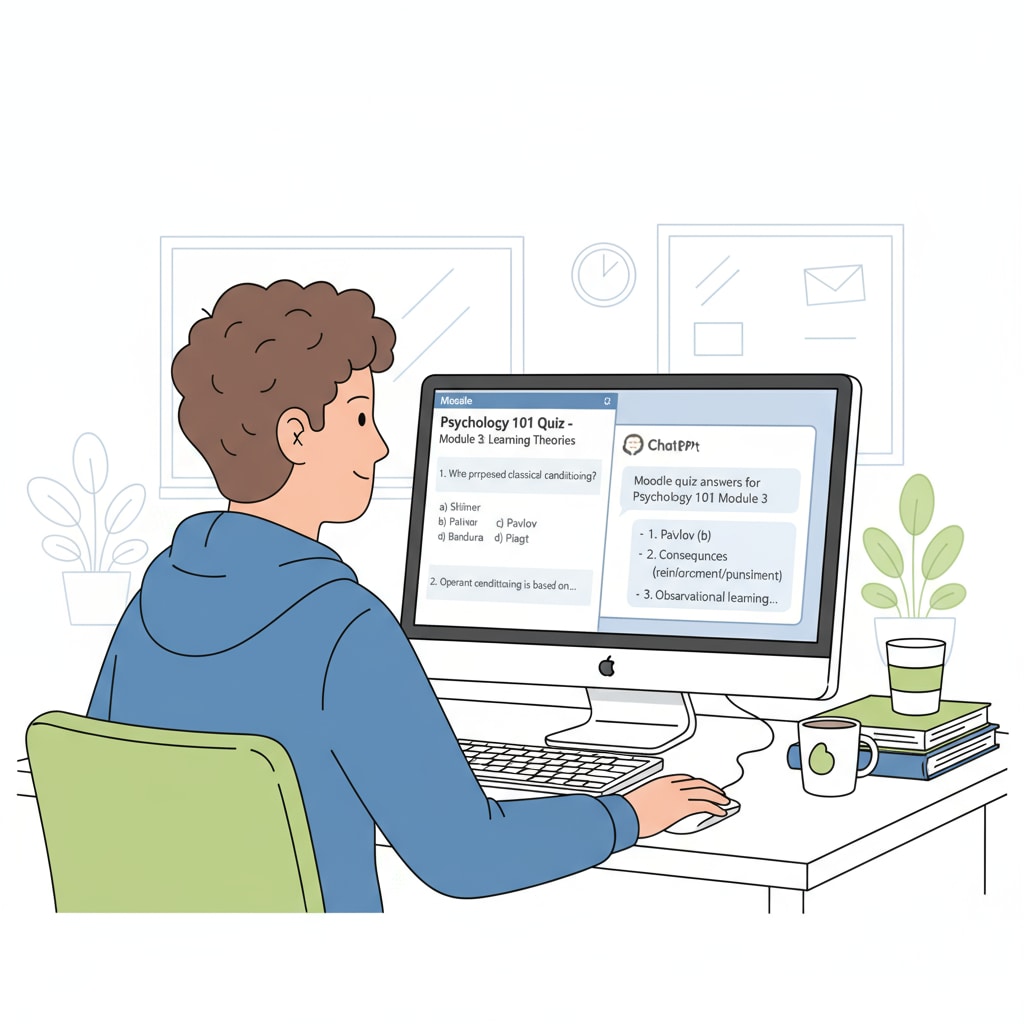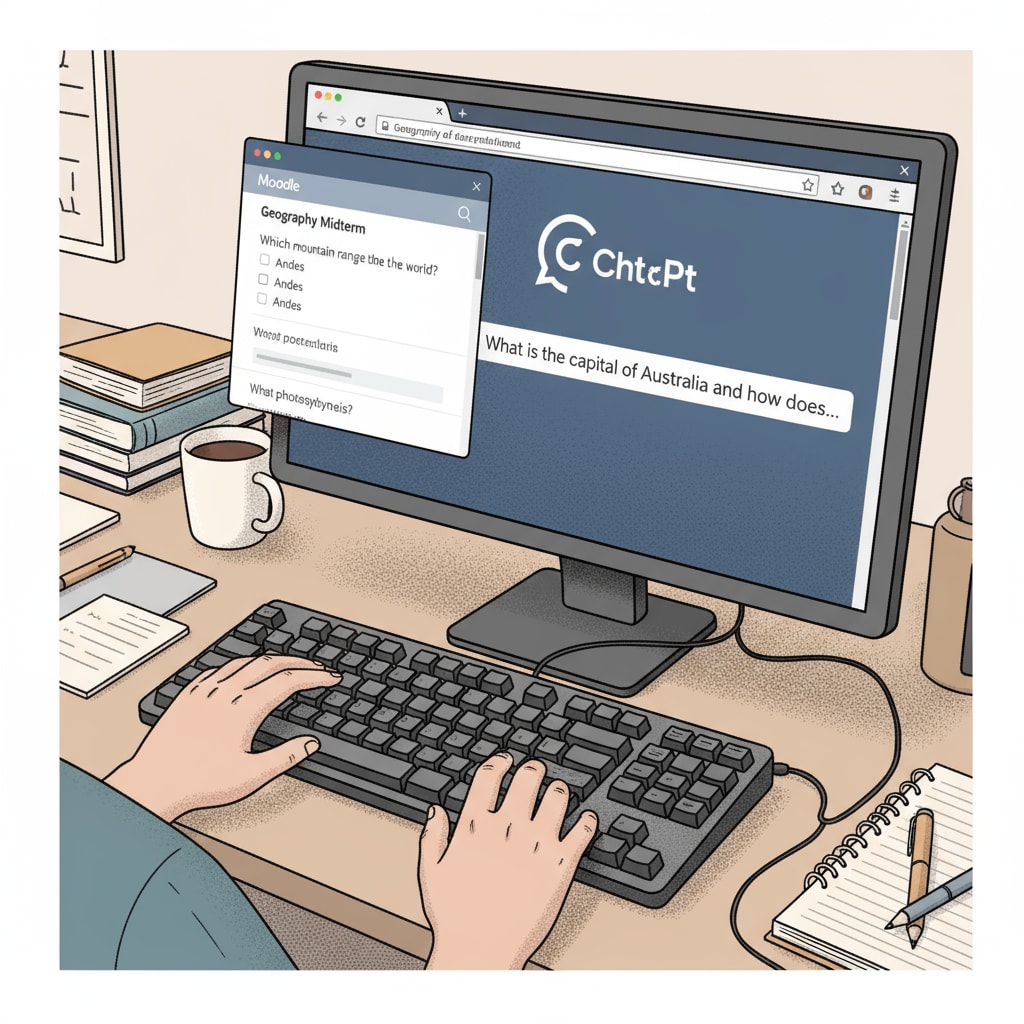In the age of rapid technological advancement, the combination of Moodle online quizzes, ChatGPT, and screenshots has presented a new set of challenges in the realm of education. As artificial intelligence tools like ChatGPT become more accessible, students are increasingly tempted to use them to complete Moodle online quizzes, raising concerns about academic integrity.

This trend not only undermines the educational value of assessments but also poses a significant challenge for educators in detecting such behavior.
The Rise of ChatGPT in Moodle Quizzes
ChatGPT, a powerful language model, has revolutionized the way information is accessed and generated. Its ability to provide seemingly well-crafted answers to a wide range of questions has made it an appealing option for students seeking shortcuts in their academic tasks. In the context of Moodle online quizzes, students may use ChatGPT to obtain answers, rewrite responses, or even generate entire essays. This practice is not only unethical but also distorts the true assessment of a student’s knowledge and skills. ChatGPT on Wikipedia

Detectability Challenges
Detecting the use of ChatGPT in Moodle quizzes is no easy feat. The language generated by ChatGPT often mimics human writing, making it difficult to distinguish from authentic student work. Additionally, students may take screenshots of ChatGPT responses and paste them into their quiz answers, further complicating the detection process. However, educators and institutions are constantly developing strategies to identify such behavior. Some rely on plagiarism detection tools that can analyze the text for similarities to known sources, including ChatGPT-generated content. Others may look for patterns in the writing style, such as inconsistent language use or an overly polished tone. Artificial Intelligence on Britannica
Despite these efforts, the cat-and-mouse game between students and educators continues. As ChatGPT evolves, so do the methods of circumvention. This ongoing battle highlights the need for a comprehensive approach to maintaining academic integrity.
Educational Impacts
The use of ChatGPT in Moodle quizzes has far-reaching educational implications. It undermines the learning process by allowing students to avoid engaging with the course material and developing critical thinking skills. When students rely on external tools to complete assessments, they miss out on the opportunity to deepen their understanding of the subject matter. Moreover, it devalues the achievements of honest students and erodes the credibility of educational institutions. To address these issues, educators need to not only focus on detection but also on educating students about the importance of academic integrity.
Solutions for Maintaining Academic Integrity
One solution is to design quizzes in a way that discourages the use of external aids. For example, educators can include open-ended questions that require students to apply their knowledge and demonstrate original thinking. Additionally, time limits can be imposed to reduce the likelihood of students seeking outside help. Another approach is to provide students with clear guidelines and consequences regarding academic dishonesty. By educating students about the importance of integrity and the potential penalties for cheating, they are more likely to make ethical choices. In addition, institutions can invest in professional development for educators to enhance their ability to detect and address academic integrity issues.
Readability guidance: This article has used short paragraphs and lists to summarize key points. Each H2 section provides a clear focus. The passive语态 has been minimized, and transition words like “however,” “additionally,” and “moreover” have been used to enhance readability.


